The Peers 2.0: Peer Education for Democratic Citizenship study session took place over eight days in partnership with the Youth Department of the Council of Europe. This high-level training brought together 23 experienced young peer educators to explore non-formal education, socialist education and human rights education, equipping them with the competencies, tools and confidence to progress and enhance their journeys as educators. The study session built a community of peer educators in socialist education, which will be a platform for launching the IFM-SEI pool of socialist educators.
In this article, we will look at some of the thoughts that people had following the session.
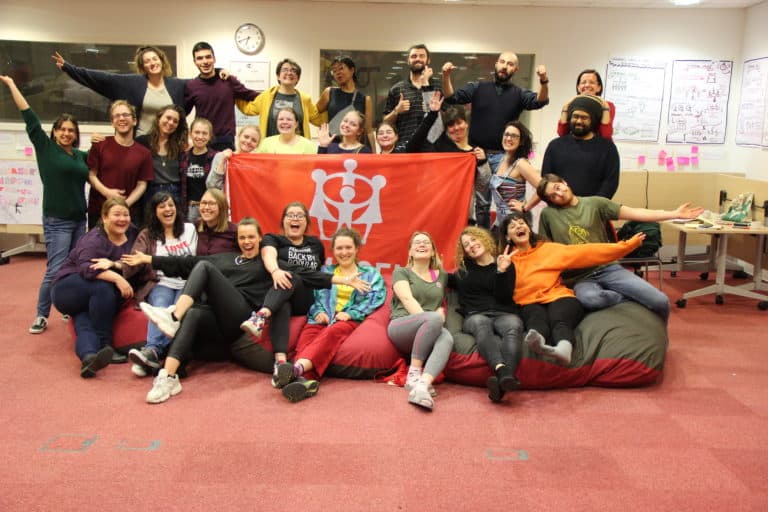
Why do we educate?
In this seminar, I learned many things and also rediscovered myself. One of the objectives of the study session was to build a community of peer educators. But what does peer education mean? I've always struggled with the word 'educator'. For me, being a group leader, a partner, a team member, was alright, but being an educator meant something else and acknowledging this is was the first step to consciously becoming one.
Throughout the seminar, we asked ourselves, why do we educate? I became an educator because I felt I had to give everything back that my past group leaders had given to me. Through the years, my reasons to continue learning as an educator have expanded. As we explored the topic of the seminar, I saw myself as an educational figure, using my presence and personal experiences accompanying children and young people in the process of living, and learning. Learning together while we grow up is the essence of peer education for me.
by Gemma Solans Rodríguez
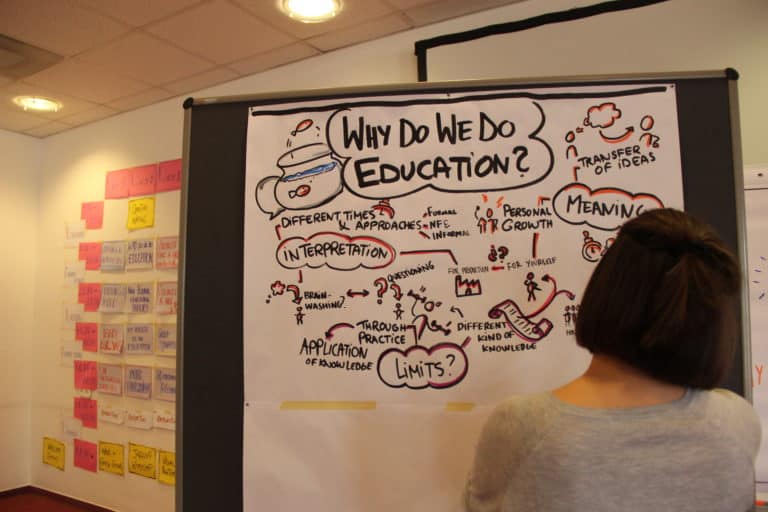
Socialist education can offer a shared understanding
I have been facilitating training for a few years, and I learnt an incredible amount during this peer education seminar. Being among other educators, and learning from personal experiences was incredibly rewarding. Socialist education can offer a shared understanding, which encourages empathy among participants. By learning through non-formal education approaches, we learnt about how to deal with conflict, how to create inclusive environments and explored our understanding of what socialist education could be. I am going to build on what I learnt in this seminar, and share the knowledge that I gained with my peers.
by Charlie Willis
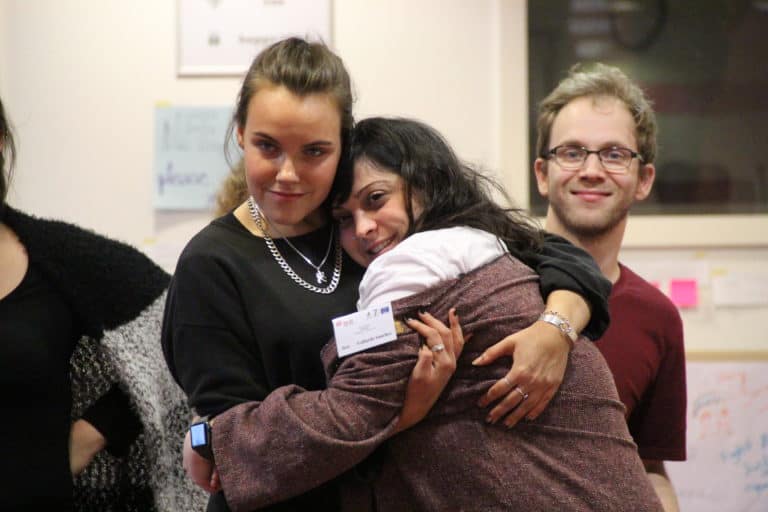
The right to receive an education
I believe that children and young people have the right to receive an education which is based on the solid principles of equality, solidarity, non-discrimination and anti-racism.
I believe that we must build a world made of equals, in which no person is oppressing another person, in which social justice is a shared value. I believe that both children and educators have to learn but also to teach.
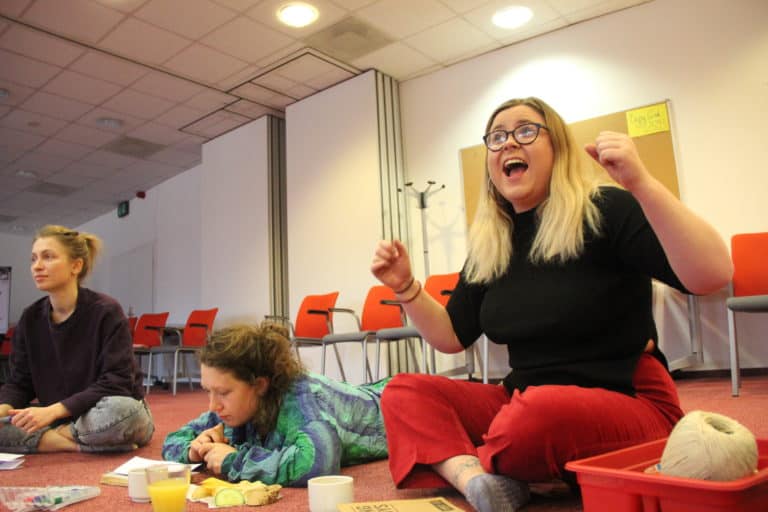
Educators provide experiences
We call it: socialist education. A movement in which young people are at the centre, in which educators provide experiences rather than giving lectures. Experiences that tackle the flaws of our society and our economic system: to create a conscious and active youth, that challenges the status quo and is capable of a deep understanding, and criticism, of our social structures. At the end of the day, we all believe in social change, right?
But change won't happen fast: so we shall start by seeing the world differently by thinking outside the box and by anticipating the future.
by Tommasso Caldarelli
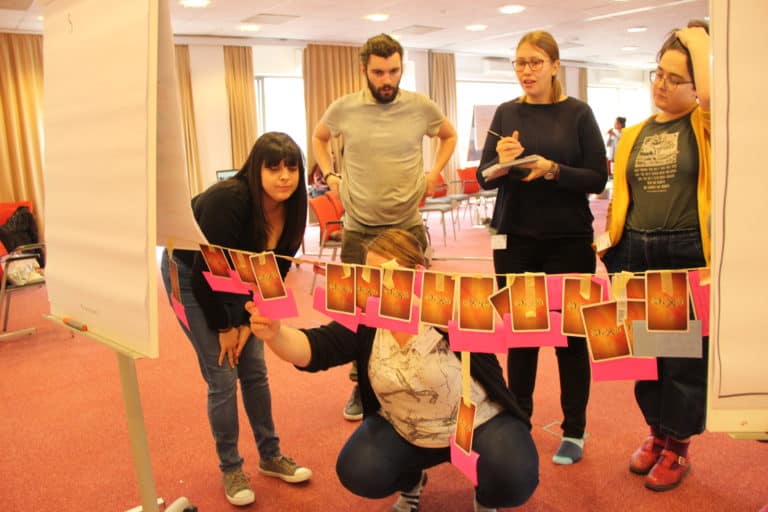
Next week, we will share the stories that came out of our latest local-global event Peacemakers of Tomorrow! Make sure you do not miss it!
Have you been part of this or another IFM-SEI activity? Do you want to tell us about your experience? Send us an email to comms@ifm-sei.org!
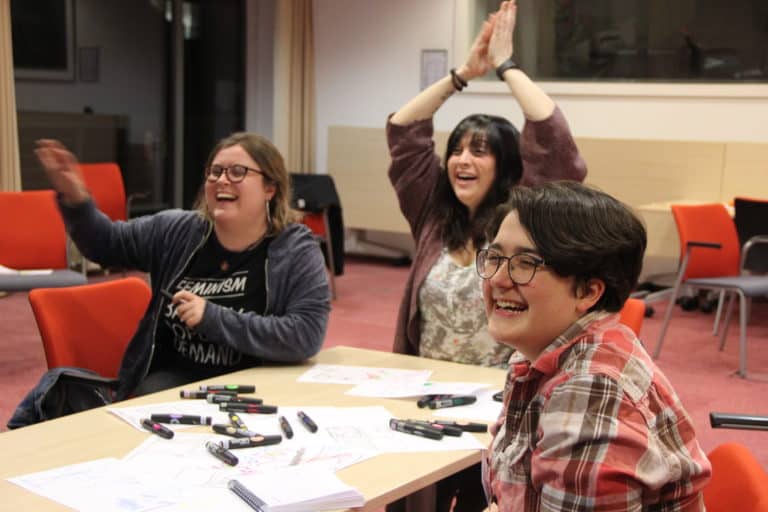
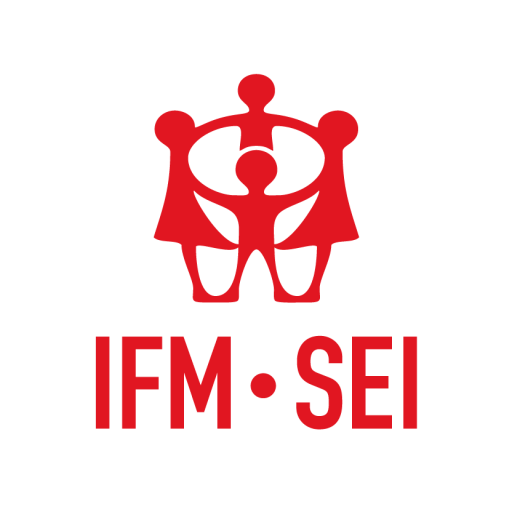
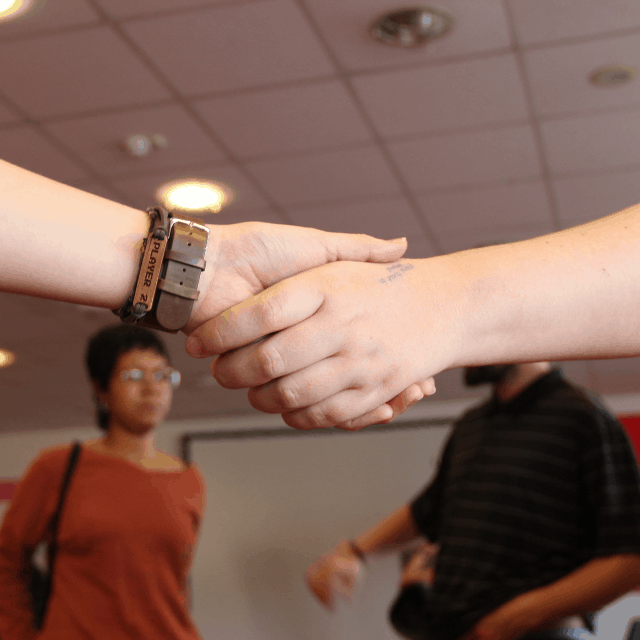
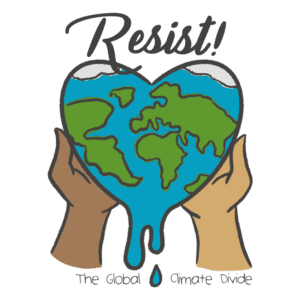
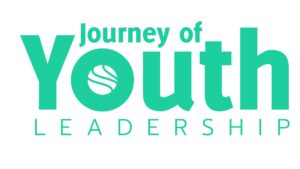
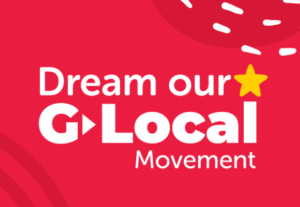
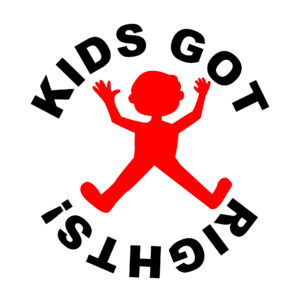

Comments are closed